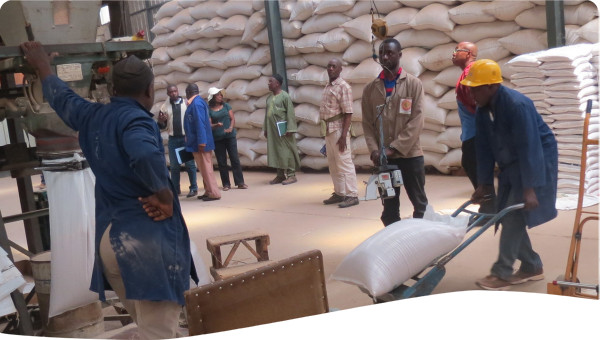In this paper I consider thecontribution that theories about common propertyresource management and policies relating toparticipation can make to our understanding ofcommunal water resource management. Common totheoretical and policy approaches are the ideas thatincentives are important in defining the problem ofcollective action and that institutions apparentlyoffer a solution to it. The gendered dynamics ofincentives and institutions are explored. This paperbriefly outlines theoretical approaches toinstitutions as solutions to collective actionproblems and indicates the linkages with policiesregarding participation in water resource management.It suggests that, whilst offering considerableinsights, such approaches are limited and may resultin policy prescriptions that do little to involve orempower women. In particular, I argue that themodeling of incentives is impoverished in itseconomism and its abstraction of the individual froma life world. I suggest that the conceptualization ofinstitutions is primarily an organizational one,which, whilst alluding to the role of norms,practices, and conventions, focuses primarily onformal manifestations of collective action; contracts,committees, and meetings. Where women‘s participationis concerned, I illustrate that incentives tocooperative may be devised from reproductive concernsand the minor exigencies of daily life (as well asfrom productive concerns) and that alternative modelsof institutions may better reflect the way in whichdecisions are made and implemented within a socialcontext.
 Resource -
Resource -
Academic resource
